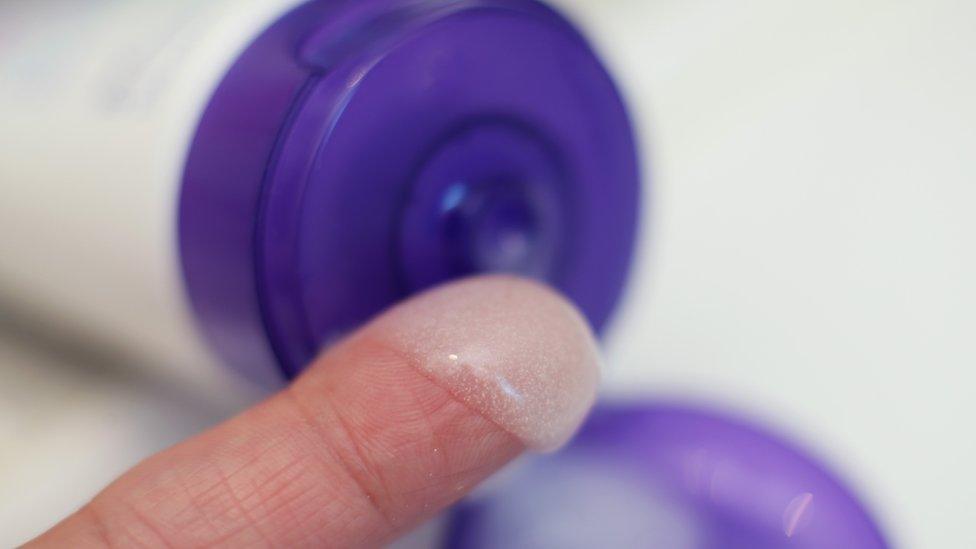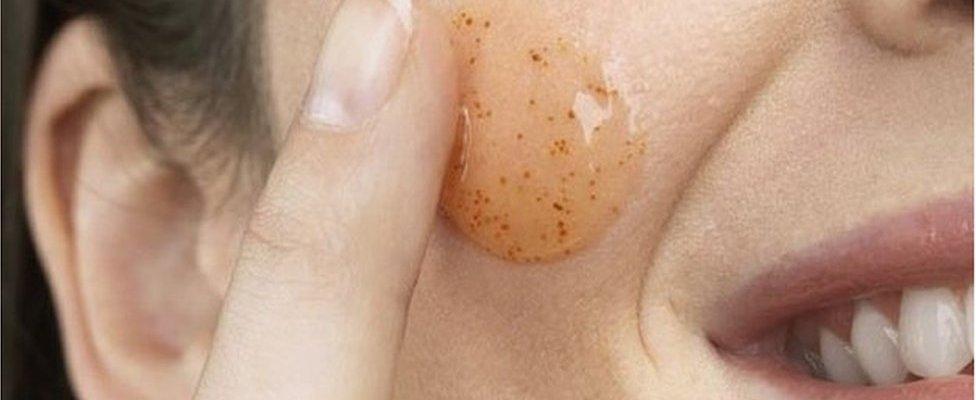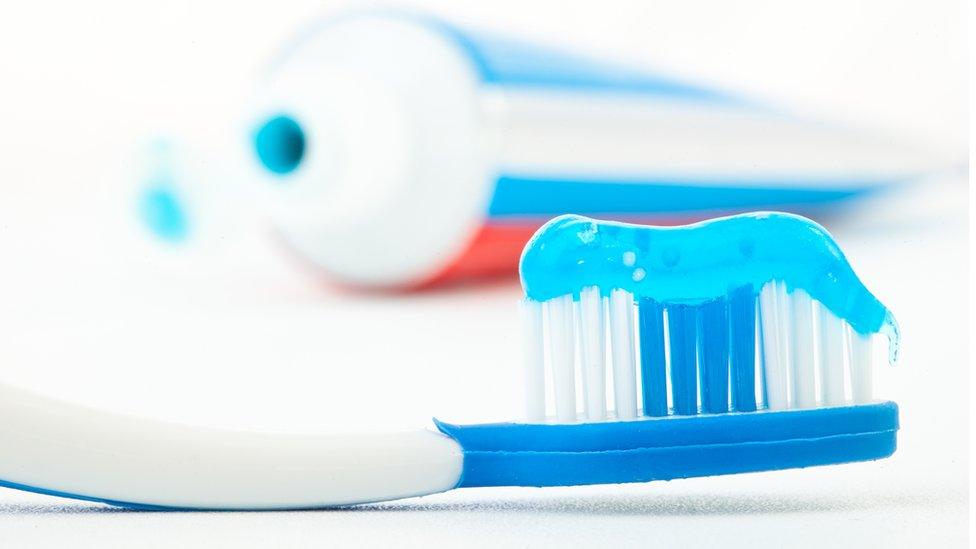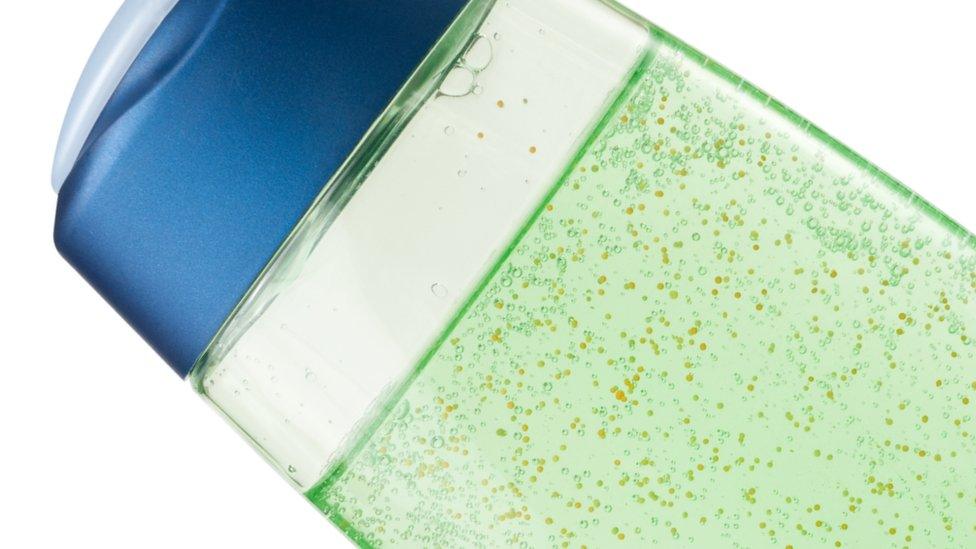Plastic microbeads to be banned in Scotland
- Published

Holyrood's environment minister said plastic microbeads - typically used in cosmetics and cleaning products - will be banned in Scotland.
Roseanna Cunningham confirmed that legislation would be brought in to end their use.
Some cosmetic firms have already made promises to phase out the environmentally harmful microbeads.
In September, the UK government announced that it would ban the tiny particles by 2017.
They are most commonly found in toothpaste, exfoliating body scrubs and other household products.
Environmentalists fear they are building up in oceans and potentially entering the food chain.
'Encourage alternatives'
Ms Cunningham, said: "Here in Scotland we have already been undertaking research on this issue, raising awareness amongst consumers, and encouraging the use of alternatives.
"That's why I am pleased to confirm Scotland will introduce legislation regulating the use of microbeads.
She said the Scottish government would work with the UK government and the devolved administrations to ensure the "ban is implemented effectively across the UK".
Ms Cunningham added: "Our Marine Litter Strategy is designed to reduce the amount of litter on our coastlines and in the marine environment.
"We will consider the recommendations of a forthcoming consultation and work with local stakeholders to develop regulation and effective implementation across Scotland."

How do you know if a product contains microbeads?

Products that contain the tiny bits of plastic won't necessarily say "microbeads" in the list of ingredients.
Instead, look for the words polyethylene, polypropylene and polymethylmethacrylate - the chemical names for plastics. Nylon may also be listed as well as the abbreviations PET, PTFE and PMMA.
There are several websites listing products that do and do not include plastic such as Beat the Microbead, external. It also has a free app where you can check products by scanning the barcode with your smartphone camera.
Many cosmetics brands include information on their websites. Johnson & Johnson which produces face scrubs under the brands Neutrogena and Clean & Clear has committed to phasing out microbeads by the end of 2017.
Proctor and Gamble which owns Crest toothpaste, Gillette and Olay, has also promised to stop using them by next year.
- Published3 September 2016

- Published24 August 2016

- Published24 August 2016